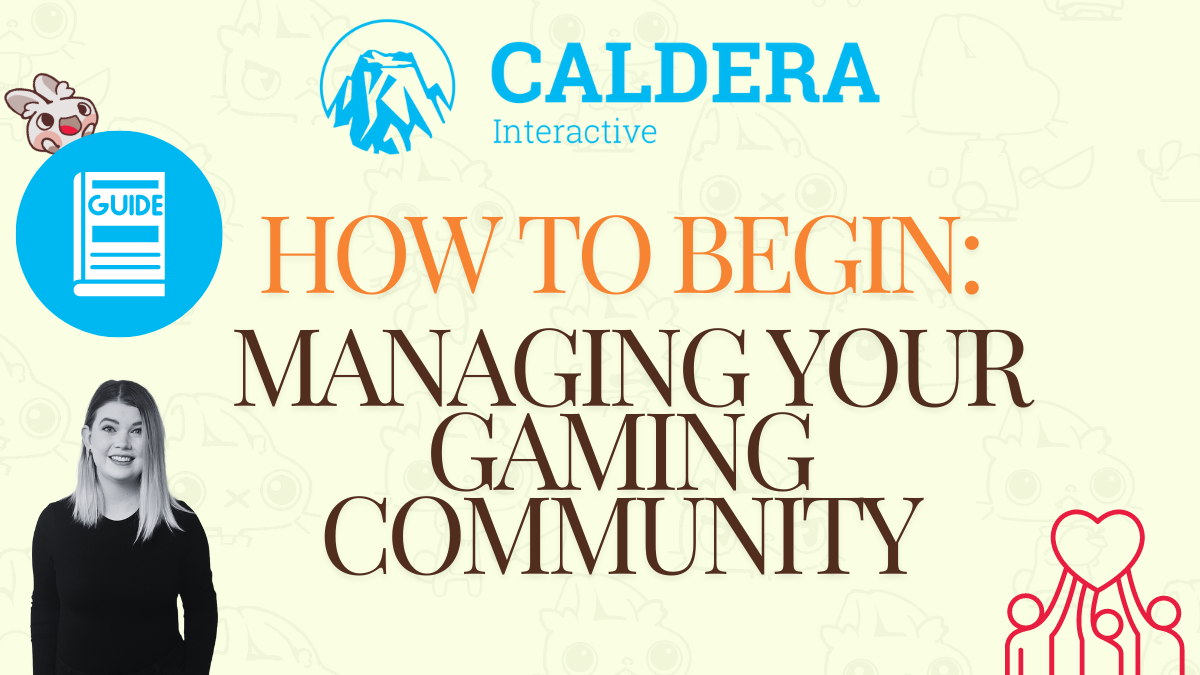Hookup Check: Your Ultimate Dating Resource
Explore insights, tips, and advice for modern relationships and hookups.
Building Bridges: Cultivating Connections in Player Community Management
Discover how to enhance player engagement and foster a thriving community with expert tips on building lasting connections in game management.
Creating Inclusive Spaces: Strategies for Better Community Engagement
Creating inclusive spaces is essential for fostering strong community engagement. When individuals from diverse backgrounds feel welcomed and valued, their participation significantly enhances community dialogue and collaboration. Strategies for better community engagement can include actively soliciting feedback through surveys or community forums, organizing inclusive events, and ensuring representation from all community segments in decision-making processes. By prioritizing inclusivity, communities not only expand their reach but also cultivate a richer tapestry of ideas and perspectives.
Another effective approach is to leverage technology to break down barriers and facilitate connection. Utilizing social media platforms can help reach a wider audience, while online tools can support accessibility for individuals with disabilities. Additionally, forming partnerships with local organizations that focus on diversity and inclusion can further enhance community initiatives. In creating inclusive spaces, it is crucial to not only listen but also act on the feedback provided, ensuring that all voices are heard and represented.

Counter-Strike is a popular tactical first-person shooter video game that pits teams of terrorists against counter-terrorists in various scenarios. Players can engage in classic modes, such as bomb defusal or hostage rescue, offering a deeply strategic gameplay experience. For those looking to enhance their gaming experience, consider using a clash promo code for special rewards.
The Role of Active Listening in Player Community Management
Active listening plays a crucial role in effective player community management. By genuinely hearing and understanding the concerns, feedback, and suggestions of community members, community managers can foster a strong connection between players and the game developers. This engagement not only helps in building trust but also ensures that players feel valued and recognized. When community managers practice active listening, they can identify key trends and issues within the community, allowing them to address them proactively and enhance the overall player experience.
Moreover, utilizing active listening techniques can lead to more informed decision-making. For instance, a community manager might organize regular Q&A sessions or create dedicated forums that encourage open dialogue. Through these platforms, players can express their thoughts, while community managers can address concerns with transparency. This two-way communication not only mitigates potential conflicts but also empowers players to take an active role in shaping the future of the game. In essence, active listening is not just a valuable skill; it's an essential strategy for thriving player community management.
How to Foster Meaningful Connections Among Players: Best Practices
Fostering meaningful connections among players is essential in enhancing the overall gaming experience. To achieve this, game developers and community managers should implement practices that encourage interaction and collaboration. One effective method is to create dedicated chat channels or forums where players can discuss strategies, share experiences, and form friendships. Additionally, organizing regular in-game events, such as tournaments or team challenges, can cultivate a sense of community and allow players to connect on a more personal level.
Another best practice is to incorporate a mentorship system where experienced players can guide newcomers; this not only helps new players acclimate but also builds bonds between different skill levels. Moreover, recognizing and celebrating player achievements through community spotlights or leaderboards can further strengthen these connections. Overall, by prioritizing open communication and collaboration, developers can create a vibrant community where meaningful connections among players thrive.